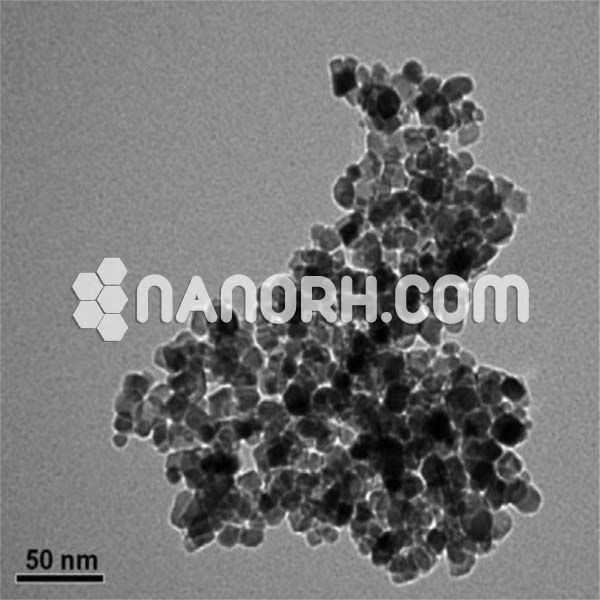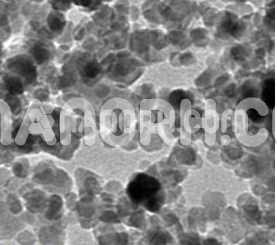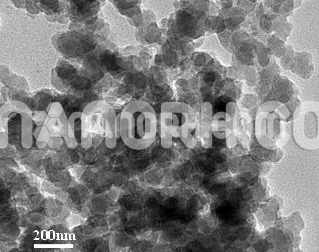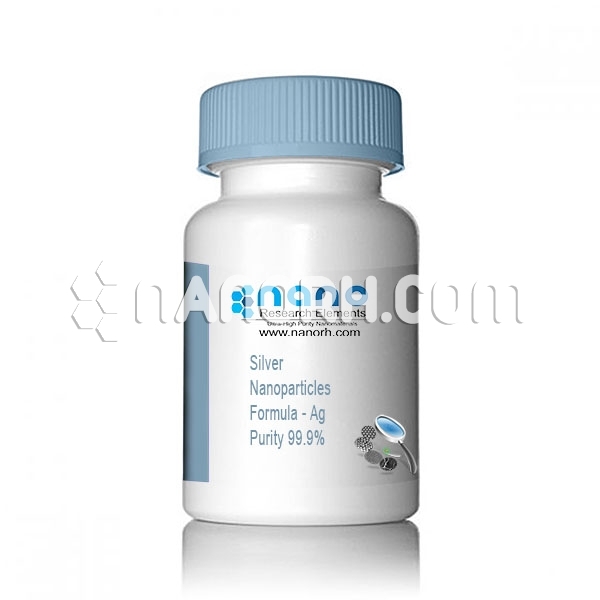Titanium Nanoparticles / Nanopowder (Ti, 99%, <80nm)
Titanium Nanoparticles / Nanopowder is dark powder and formless wipe titanium powder, breaking point ≤3260 oC, liquefying point 1668 oC +-2 oC, at room temperature insoluble in water and natural solvents. Is a non-attractive metal, a substantial attractive field won’t be charged and non-dangerous, bland, and great human tissue and blood similarity. Wipe titanium powder: Purity: 95-99.4%, and different…
| Titanium Nanoparticles / Nanopowder | |
| Product No | NRE-1046 |
| CAS No. | 7440-32-6 |
| Formula | Ti |
| APS | <80nm (Can be Customized) |
| Purity | 99% |
| Color | Dark-Gray |
| Molecular Weight | 47.867 g/mol |
| Density | 4.50 g/cm3 |
| Melting Point | 1668 °C |
| Boiling Point | 3287 °C |
Titanium Nanoparticles / Nanopowder
Titanium nanoparticles, which are tiny particles of titanium with dimensions typically in the nanometer range, have a wide range of applications due to their unique properties. These properties include high strength, low density, excellent corrosion resistance, and biocompatibility. Here are some notable applications of titanium nanoparticles:
Biomedical Applications:
Drug Delivery: Titanium nanoparticles can be used as carriers for drug delivery systems. They can be functionalized to encapsulate drugs and release them at a controlled rate, making them useful in cancer therapy and other medical treatments.
Implants: Titanium nanopowder is incorporated into orthopedic and dental implants to improve their biocompatibility and osseointegration, reducing the risk of rejection and promoting bone growth around the implant.
Medical Imaging: They are used in contrast agents for magnetic resonance imaging (MRI) and other medical imaging techniques to enhance image quality and accuracy.
Catalysis:
Titanium nanopowder serves as an effective catalyst in various chemical reactions, including the production of hydrogen, degradation of pollutants, and synthesis of chemicals.
Coatings and Surface Treatments:
They are used to create anti-corrosion coatings on materials like steel, protecting them from environmental degradation.
In the aerospace industry, titanium nanopowder can be incorporated into coatings to enhance the durability and performance of aircraft components.
Electronics:
Titanium nanopowder are used in electronic components and as conductive materials due to their electrical properties. They can be incorporated into nanocomposites to improve the performance of electronic devices.
Energy Storage:
Titanium nanopowder can be employed in advanced battery technologies, such as lithium-ion batteries, to increase their energy storage capacity and improve electrode performance.
Photocatalysis:
Titanium dioxide nanoparticles, a specific type of titanium nanoparticle, are used as photocatalysts in environmental applications. They can degrade organic pollutants and purify water when exposed to ultraviolet (UV) light.
Cosmetics:
Titanium dioxide nanoparticles are commonly used in sunscreen and cosmetic products due to their ability to provide effective UV protection without leaving a white residue on the skin.
Textiles:
Titanium nanopowder can be incorporated into fabrics to enhance their UV-blocking properties and improve the longevity of clothing.
Paints and Coatings:
They are used in the formulation of high-performance paints and coatings, providing improved adhesion, durability, and resistance to corrosion.
Aerospace:
In the aerospace industry, titanium nanopowder may be used to enhance the mechanical properties of composite materials used in aircraft and spacecraft construction.
Water Purification:
Titanium dioxide nanoparticles can be used in water treatment processes to remove pollutants and pathogens, making water safe for consumption.




